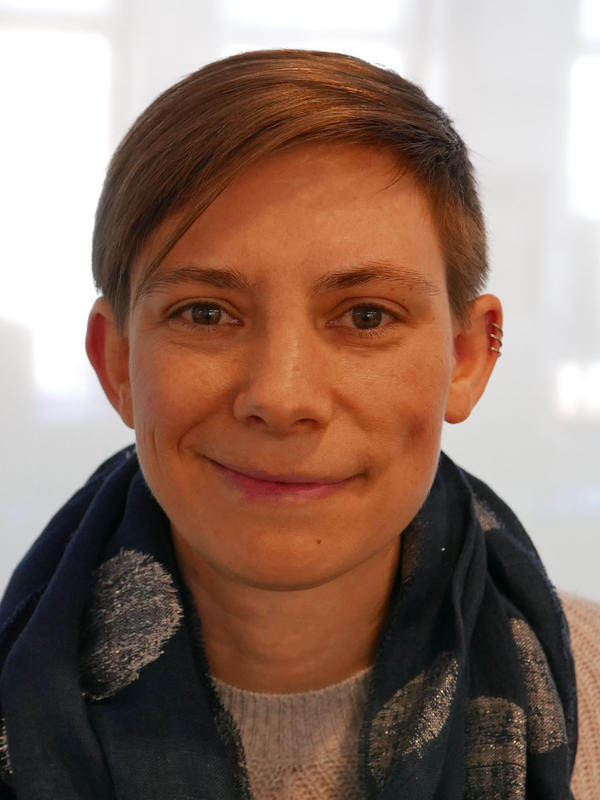Announcement: New Chair-Elect, Elizabeth Cook
Receiving only one nomination for this role, we are delighted to introduce to you the C&E Section’s new Chair-Elect: Dr. Elizabeth Cook.
Elizabeth’s nomination is posted below, so you can get to know her better. She will assume the Chair-Elect role in August, when Bob Newman (current chair-elect) transitions into the role of Chairperson and Kirsten Schwarz moves into the past-chair role.
Describe who you are and your interests in science communication and engagement.
I am an urban ecosystem ecologist studying the future sustainability and resilience of cities. This work seeks to advance an urban system science by understanding cities as social-ecological-technological systems with a comparative approach in Latin and North American cities. Through trans-disciplinary collaborative projects with academic and non-academic partners, my research applies participatory methods in the co-production of future scenarios of urban resilience. I firmly believe in the value of engaging diverse perspectives and co-producing innovative solutions to address our most pressing challenges. Through this participatory work, whether with policy makers, community groups, or other academics, I strive to provide clear and effective communication about the complex challenges and uncertainty related to future urban resilience. I believe that strong science communication and community engagement skills are tightly intertwined. I am currently an Assistant Professor in the Environmental Science Department at Barnard College in New York City. I teach courses in environmental data analysis, urban ecology, and climate justice in communities. Before joining Barnard, I was a Postdoctoral Fellow in Urban Ecology at The New School and was a Postdoctoral Fellow at the Universidad Austral de Chile, Valdivia. I earned my PhD at Arizona State University.
Why do you want the job? What is your vision for the Communication & Engagement Section?
The Communication and Engagement section has an important role in putting science communication and engagement research at the forefront in the ESA. Both science communication and community engagement are critical for making the ecological sciences relevant and salient to decision makers and communities. I will support the C&E section in meeting the section’s objectives. While I always strive to be an effective science communicator and to improve these skills, my expertise is in community engaged research. Thus, in addition to promoting science communication, I envision supporting the C&E section in not only promoting, but expanding the discussions, trainings, and focus on the inclusion of diverse perspectives in sciences through community engagement. This may include developing additional resources or a blog series on community engaged research by ESA members, facilitating trainings for the SEEDS network and other student organizations to highlight community engagement best practices and opportunities, cross-fertilizing initiatives with key ESA sections to develop jointly supported community engagement programs, and supporting opportunities for engagement with local community organizations or policy makers centered around annual meetings. I am excited to continue learning from fellow C&E section members and to work together to promote science communication and engagement in the ESA community.
